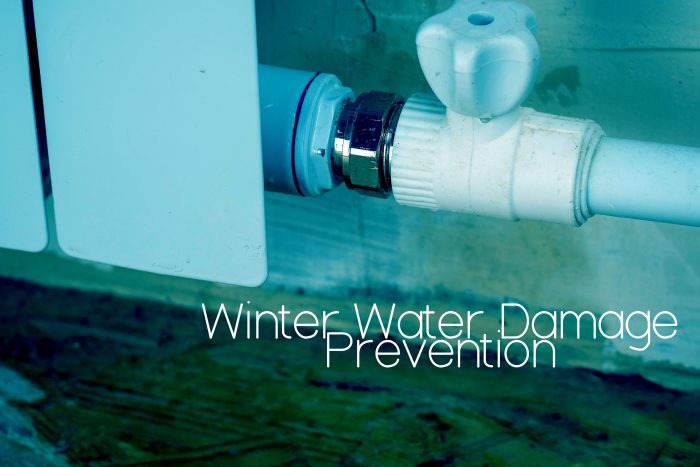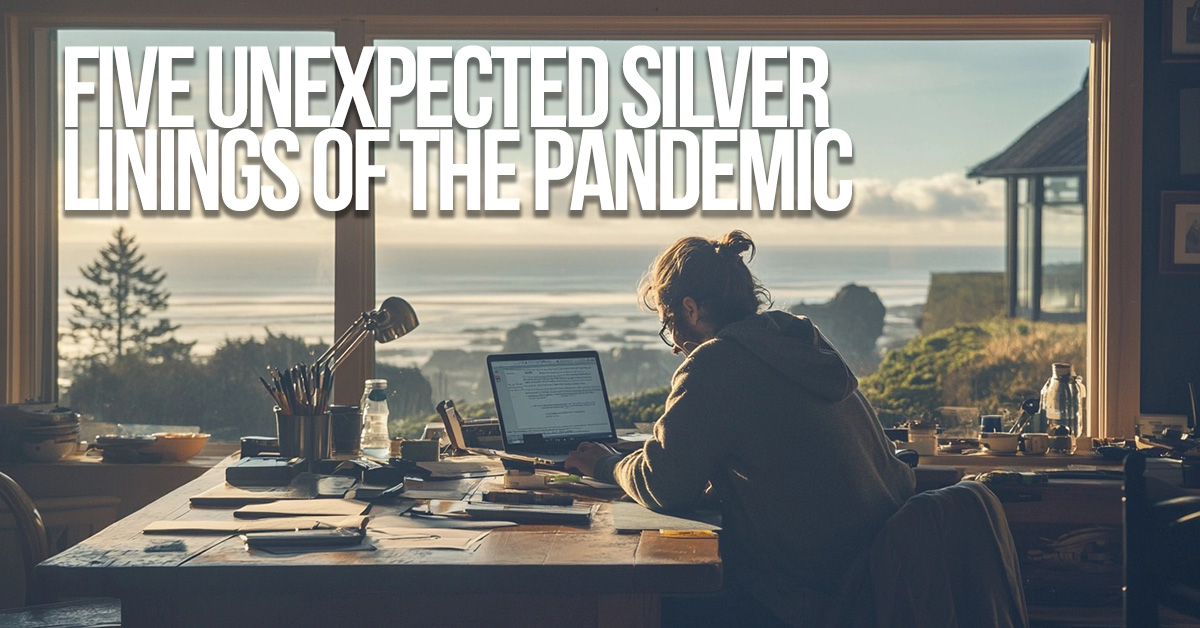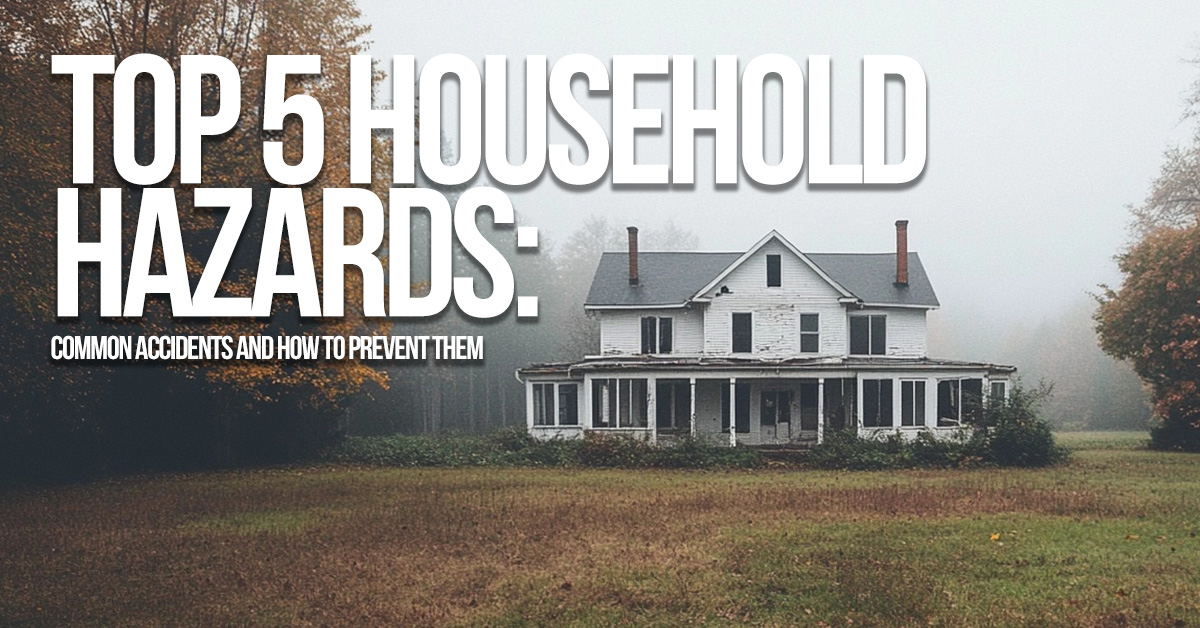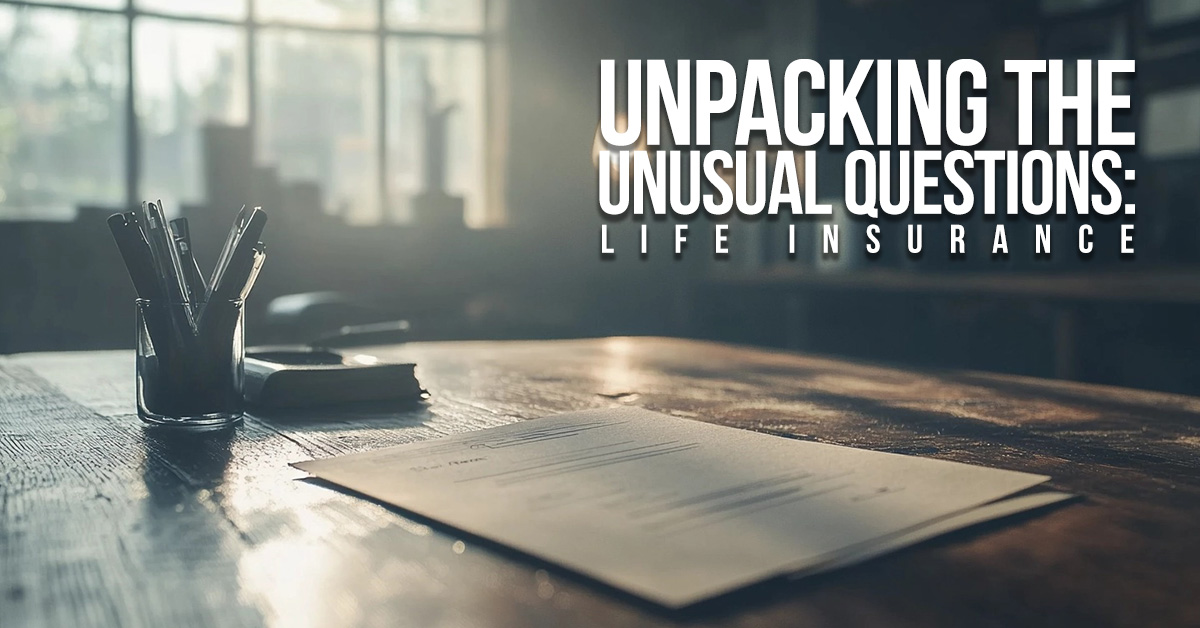Winter Water Damage Prevention

Water damage is common in the winter months. With the frigid temperatures and snow, your home is at risk to suffer water damage. Having water damage in the winter can become a huge issue. It is cold and wet outside and having damage to your home can be a major inconvenience. With severe damage, your home may even become unlivable until the damage is fixed.
Here are a few common water damages in cold weather:
- Wind damage followed by rain, sleet, or snow. When the winds are raging fast enough, it can rip shingles off of your roof. If your roof is damaged, it becomes very easy for wind to get into your home. It may be wise to have your roof inspected after a storm with fast winds.
- Burst pipe. We all know that when water freezes, it expands. The pressure from the frozen water can cause the pipe to burst. A burst pipe can cause water damage to your walls and floors.
- Snow melting right beside your home. If your property does not carry the snowmelt away from your home, the water can build up and soak directly into the foundation of your home, causing water damage.
What are some steps you can take to prevent any water damage to your home this winter?
- Pipes that are located in crawl spaces or in the attic are exposed to the frigid temperatures and more likely to freeze, and burst. You can prevent this by insulating these pipes.
- Allow your faucet to drip when the temperatures get below freezing. An open faucet helps to release the pressure build-up that causes pipes to burst.
- If you go out of town, turn off the water supply to your home.
- Have your water lines checked for leaks annually.
- Make sure to always keep your gutters clean. When your gutters are clean, the water is redirected away from the roof. Clean gutters prevent the water from getting into the foundation of your home. Read more about how to clean your gutters.
- Examine your solar panels and TV dishes. Anything installed on the roof with screws can cause leaks.
Take these simple extra steps to prevent having damage to your home.









